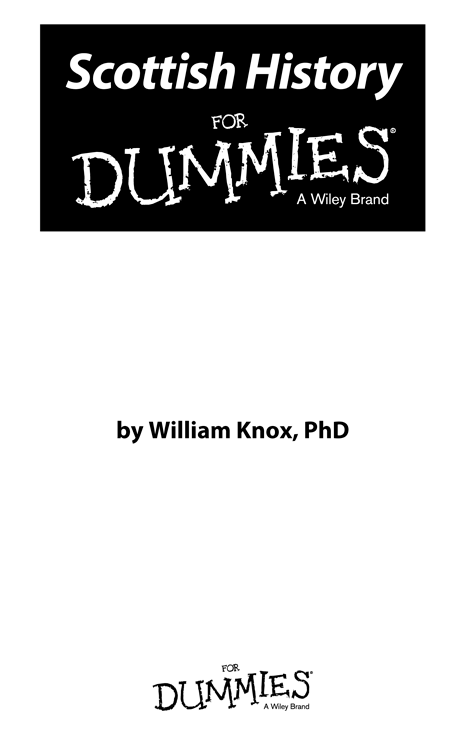
Scottish History For Dummies
Published by: John Wiley & Sons, Ltd., The Atrium, Southern Gate, Chichester, www.wiley.com
This edition first published 2014
2014 John Wiley & Sons, Ltd, Chichester, West Sussex.
Registered office
John Wiley & Sons Ltd, The Atrium, Southern Gate, Chichester, West Sussex, PO19 8SQ, United Kingdom
For details of our global editorial offices, for customer services and for information about how to apply for permission to reuse the copyright material in this book please see our website at www.wiley.com .
All rights reserved. No part of this publication may be reproduced, stored in a retrieval system, or transmitted, in any form or by any means, electronic, mechanical, photocopying, recording or otherwise, except as permitted by the UK Copyright, Designs and Patents Act 1988, without the prior permission of the publisher.
Wiley publishes in a variety of print and electronic formats and by print-on-demand. Some material included with standard print versions of this book may not be included in e-books or in print-on-demand. If this book refers to media such as a CD or DVD that is not included in the version you purchased, you may download this material at http://booksupport.wiley.com . For more information about Wiley products, visit www.wiley.com .
Designations used by companies to distinguish their products are often claimed as trademarks. All brand names and product names used in this book are trade names, service marks, trademarks or registered trademarks of their respective owners. The publisher is not associated with any product or vendor mentioned in this book.
LIMIT OF LIABILITY/DISCLAIMER OF WARRANTY : WHILE THE PUBLISHER AND AUTHOR HAVE USED THEIR BEST EFFORTS IN PREPARING THIS BOOK, THEY MAKE NO REPRESENTATIONS OR WARRANTIES WITH THE RESPECT TO THE ACCURACY OR COMPLETENESS OF THE CONTENTS OF THIS BOOK AND SPECIFICALLY DISCLAIM ANY IMPLIED WARRANTIES OF MERCHANTABILITY OR FITNESS FOR A PARTICULAR PURPOSE. IT IS SOLD ON THE UNDERSTANDING THAT THE PUBLISHER IS NOT ENGAGED IN RENDERING PROFESSIONAL SERVICES AND NEITHER THE PUBLISHER NOR THE AUTHOR SHALL BE LIABLE FOR DAMAGES ARISING HEREFROM. IF PROFESSIONAL ADVICE OR OTHER EXPERT ASSISTANCE IS REQUIRED, THE SERVICES OF A COMPETENT PROFESSIONAL SHOULD BE SOUGHT.
For general information on our other products and services, please contact our Customer Care Department within the U.S. at 877-762-2974, outside the U.S. at (001) 317-572-3993, or fax 317-572-4002. For technical support, please visit www.wiley.com/techsupport .
For technical support, please visit www.wiley.com/techsupport .
A catalogue record for this book is available from the British Library.
ISBN 978-1-118-67615-8 (hardback/paperback) ISBN 978-1-118-67612-7 (ebk) ISBN 978-1-118-67613-4 (ebk)
Printed in Great Britain by TJ International, Padstow, Cornwall
10 9 8 7 6 5 4 3 2 1
About the Author
William Knox is a senior lecturer at the Institute of Scottish Historical Research, University of St Andrews. He was educated at Edinburgh city schools and read history at the University of Edinburgh, where he completed his PhD in 1980. He has been teaching history to undergraduates and postgraduates at the University of Edinburgh for over 20 years. Much of his published work has focused on social and labour history, but he has also written on gender and cultural history. Bill is the author of six books and over 30 articles covering the last 300 years of Scottish history. Among his major publications are Industrial Nation: Work, Culture and Society in Scotland, 1800Present (1999) and The Lives of Scottish Women: Women and Scottish Society, 18001980 (2006).
Dedication
For Joyce
Authors Acknowledgments
This book is a synthesis of the work of other historians working in the field of Scottish history; without their knowledge and scholarship, it could not have been written, so many thanks to them.
On a personal note, I would like to acknowledge the support of my partner, Joyce Carson, whose assistance and feedback during the writing of the book was most appreciated. I also appreciated the brainstorming moments spent with Susan Kerr. Thanks also to the books technical editor, Richard Finlay of the University of Strathclyde. This book is stronger because of his input. Thanks also to my editor, Elizabeth Kuball, for her professionalism and efficiency; she knows how to get the ball rolling and, more importantly, keep it going in the right direction.
Finally, a word to all my family and friends and those who buy and read the book: this is us; this is our story; this is where we come from.
Publishers Acknowledgments
Executive Commissioning Editor: Mike Baker
Project Editor: Elizabeth Kuball
Copy Editor: Elizabeth Kuball
Technical Editor: Richard Finlay
Project Coordinator: Melissa Cossell
Cover Image: iStockphoto.com/bkindler
Chapter 1
Welcome to Scotland
In This Chapter
 Getting acquainted with the people who make up the land we call Scotland
Getting acquainted with the people who make up the land we call Scotland
 Seeing how Scotland was formed
Seeing how Scotland was formed
 Examining how Scotland gained, lost and regained its independence
Examining how Scotland gained, lost and regained its independence
When you think about Scottish history, maybe it takes you back to the classroom, where you heard stories from teachers about great heroes and villains. You may have stamped on your brain tales about great men like Robert the Bruce or William Wallace; or women like St Margaret or Mary, Queen of Scots; or maybe the great explorers like David Livingstone or Mungo Park. You would have also heard of villains like Macbeth, or failures such as Bonnie Prince Charlie. These are all wonderful stories in their own right, and they receive their due in this book. But there is more to Scottish history than simply the doings of great men and women, and in these pages you find out more about this nation than a history of the usual suspects can tell you.
The Peoples of Scotland
The history of Scotland is a truly remarkable one. As a nation, Scotland has probably contributed more to world civilisation than any other country of a comparable size. In fact, you could argue that the Scots through their historians, philosophers, engineers and scientists invented the modern world. But how did that come to pass? What was it about the people and their history that allowed them to make such a significant contribution to the modern world?
You couldnt put your finger on anything in the Scottish past to answer that question. For many centuries, nothing in particular distinguished the Scots from people from other parts of the globe. Indeed, you could argue that for most of Scotlands history, it has lagged behind other societies, including wait for it England!
There arent any genetic clues either: ancient Scotland was made of at least five different peoples who spoke different languages. At first, they were simply members of tribes searching for food, but later they became farmers and members of small kingdoms. Of course, Scotland didnt exist in their minds: borders and things like national identity were pretty meaningless.
Since ancient times, other people have settled in Scotland. The Romans came, saw and tried to conquer but left empty-handed. Much more successful were the Vikings, who arrived at the start of the ninth century. The Vikings not only raped and pillaged but, in time, also settled on the islands and on the northern coast and became Christians. They were followed by the Anglo-Normans, who arrived in the reign of David I. They were given lands and eventually became successful and powerful members of the Scottish aristocracy. The Bruce and the Stewart families, who were rulers of Scotland at various times, were from this stock.

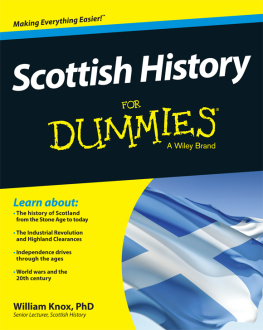
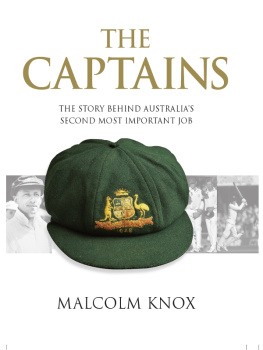
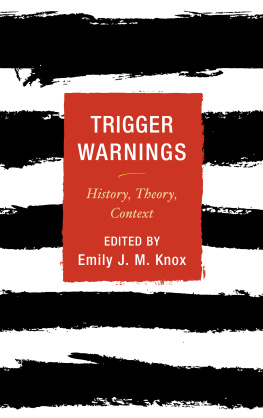

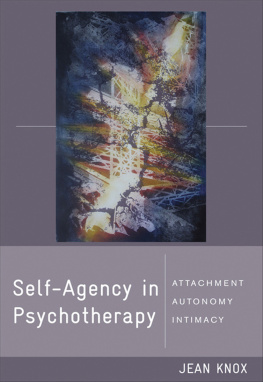

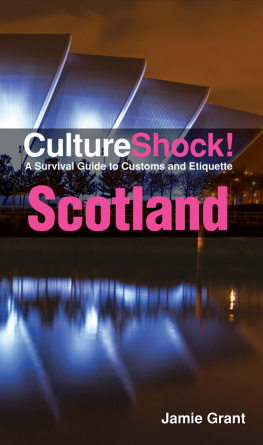

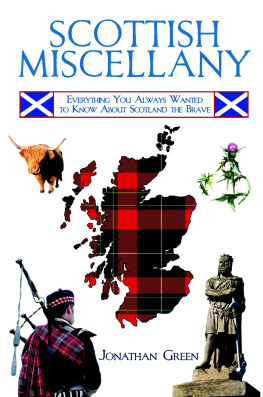
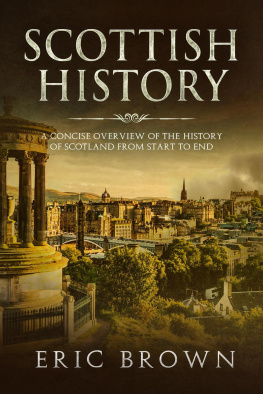
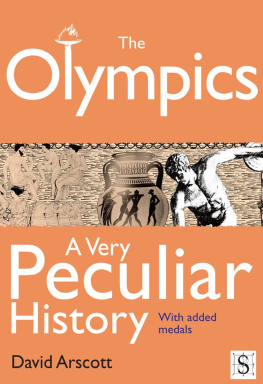
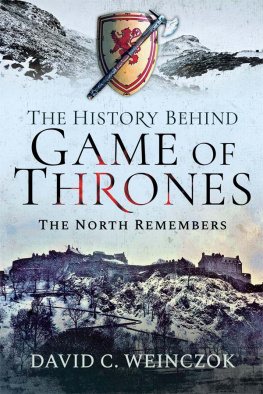
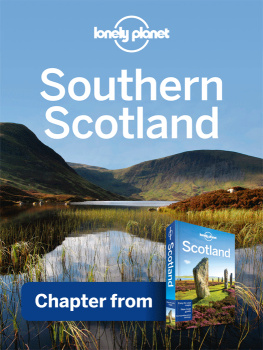
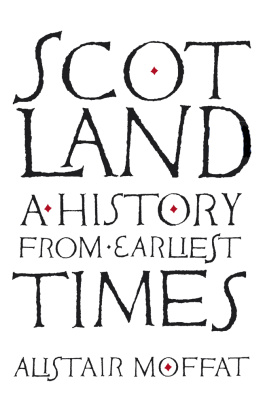
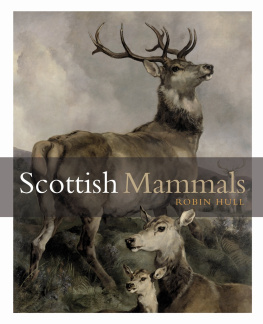
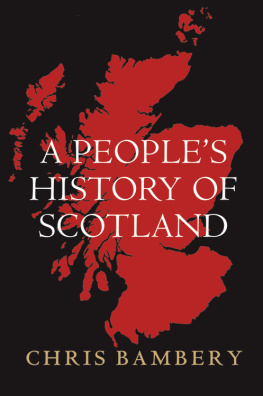
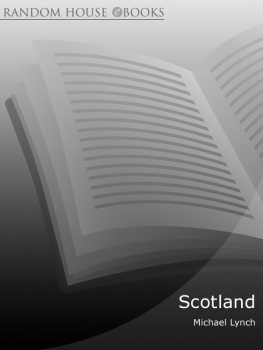
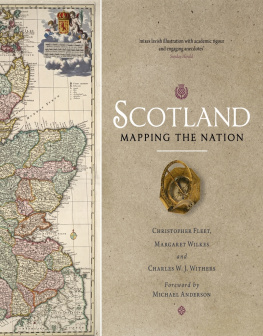

 Getting acquainted with the people who make up the land we call Scotland
Getting acquainted with the people who make up the land we call Scotland